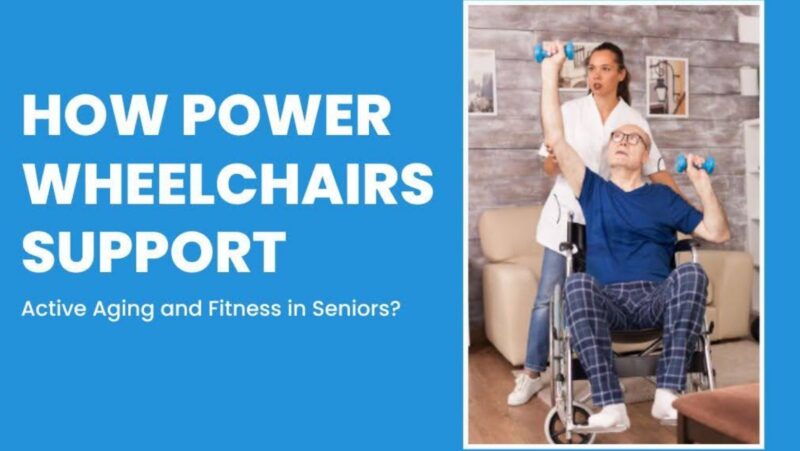
Addiction takes a heavy toll, not just emotionally and mentally, but physically as well. One area that’s often overlooked during treatment is the role of proper nutrition. What someone eats during recovery can directly impact how they feel, how they heal, and how well they maintain long-term sobriety.
At Southeastern Recovery Center, we believe recovery should treat the whole person, not just the addiction. That’s why our program includes nutritional guidance, healthy meals, and other holistic therapies like breathwork. We’re also proud to share that our addiction treatment services are fully covered by Aetna insurance, making comprehensive care more accessible.
How Substance Use Impacts Nutrition
Long-term substance use often leads to malnutrition. Drugs and alcohol can suppress appetite, damage organs involved in digestion, and block the body from absorbing key nutrients. It’s common for people entering treatment to struggle with low energy, poor sleep, and weakened immune systems, all of which are closely tied to what they’re eating (or not eating).
The Connection Between Food and Recovery
In early recovery, the body is trying to repair itself. Giving it the right fuel speeds up that process and makes other parts of treatment like therapy and group work more effective.
Here are a few ways healthy eating supports recovery:
- Stabilizes mood: Balanced meals help regulate blood sugar, which in turn helps reduce mood swings and irritability.
- Improves energy: Nutrient-rich foods give the body sustained energy, especially helpful for those feeling run down after detox.
- Supports mental clarity: A healthy diet contributes to clearer thinking, better decision-making, and greater focus during therapy.
- Promotes restful sleep: Certain nutrients like magnesium, vitamin B6, and tryptophan support more consistent and restorative sleep.
- Strengthens the immune system: A well-fed body is more resilient, reducing the risk of illness or complications during recovery.
Teaching Lifelong Habits
At Southeastern Recovery Center, nutritional education is part of our broader approach to treatment. We help clients understand what their bodies need and how to meet those needs whether it’s through learning how to cook simple, nutritious meals or recognizing how food choices affect mental health.
Many people in recovery are also rebuilding their relationship with food. Some may have used substances to suppress hunger or cope with emotional eating. Addressing these patterns during treatment helps lay the foundation for long-term wellness.
A Holistic Approach That Works
Nutrition is just one piece of a much larger puzzle. Southeastern Recovery Center also offers breathwork sessions as part of our holistic programming. Breathwork helps reduce stress, ease anxiety, and ground individuals during tough emotional moments another way we help clients regulate their nervous systems without turning to substances.
Combining evidence-based therapies with nutritional support and mindful practices like breathwork gives our clients a better shot at not just getting sober, but staying sober.
Covered by Aetna
We understand that cost is often a barrier to getting help. That’s why Southeastern Recovery Center accepts Aetna insurance, and addiction treatment services are fully covered for those who qualify.
This means individuals can focus on their healing without the added stress of figuring out how to pay for it.
Final Thoughts
Recovery isn’t just about putting down drugs or alcohol it’s about building a life that feels worth living. At Southeastern Recovery Center, we’re here to support that journey in every way we can, from nourishing meals to therapeutic breathwork and everything in between.
If you or someone you love is ready to take the next step, we’re here to help you start strong.













